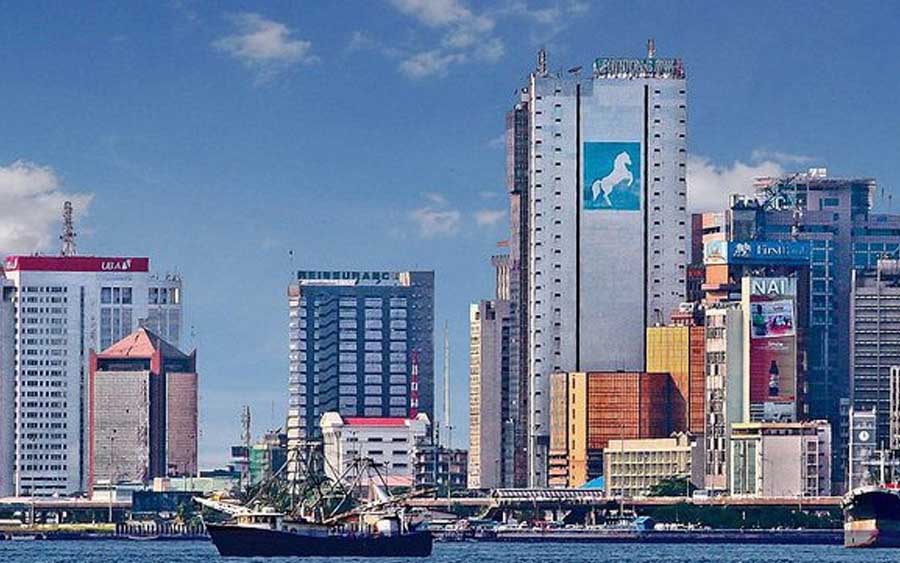With the March 2026 recapitalisation deadline approaching, Nigeria’s banking sector is experiencing a marked divide between tier-one banks and their smaller counterparts.
While leading institutions have exceeded their capital targets through public offerings and rights issues, smaller banks are struggling to meet requirements due to the high costs and regulatory challenges associated with initial public offerings (IPOs).
So far, seven major banks—Access Holdings, GTCo, Zenith Bank, FCMB Group, Sterling Bank, Wema Bank, and UBA—have collectively raised N1.32 trillion to meet the Central Bank of Nigeria’s (CBN) recapitalisation directive.
Tier-one banks like Access, GTCo, and Zenith have not only met but also surpassed their targets, while UBA and Fidelity Bank are expected to announce their outcomes in the coming weeks, with market insiders predicting seamless compliance with the new capital requirements.
However, mid-tier and marginal banks have turned to mergers, private placements, and rights issues to avoid the financial and procedural burdens of IPOs.
Providus Bank and Unity Bank, for instance, recently finalised a business partnership following central bank approval and a N700 billion support provision.
According to operators, stringent regulatory requirements, among other factors, are key deterrents, as stocks are being undervalued due to dampened investor enthusiasm caused by high inflation rates and persistent currency devaluation.
Charles Abuede, a research analyst at Cowry Asset Management Limited, noted that smaller banks are prioritising private equity and strategic partnerships over IPOs.
“As relatively new entrants, these banks are prioritising the consolidation of their financial strengths and market presence. They are leveraging private equity and strategic partnerships to access capital more quickly and with greater control.
“This approach has been facilitated, in part, by the CBN’s regulatory flexibility, which allows banks to explore alternative capital-raising avenues in response to the current economic climate.”
The Executive Director of Halo Nigerian Capital Market, Dr. Paul Uzum, explained that attracting investors to newly listed companies is challenging when these companies lack a proven track record of profitability.
According to him, Nigerian investors tend to prefer companies with a history of consistent profits and dividend payments.

